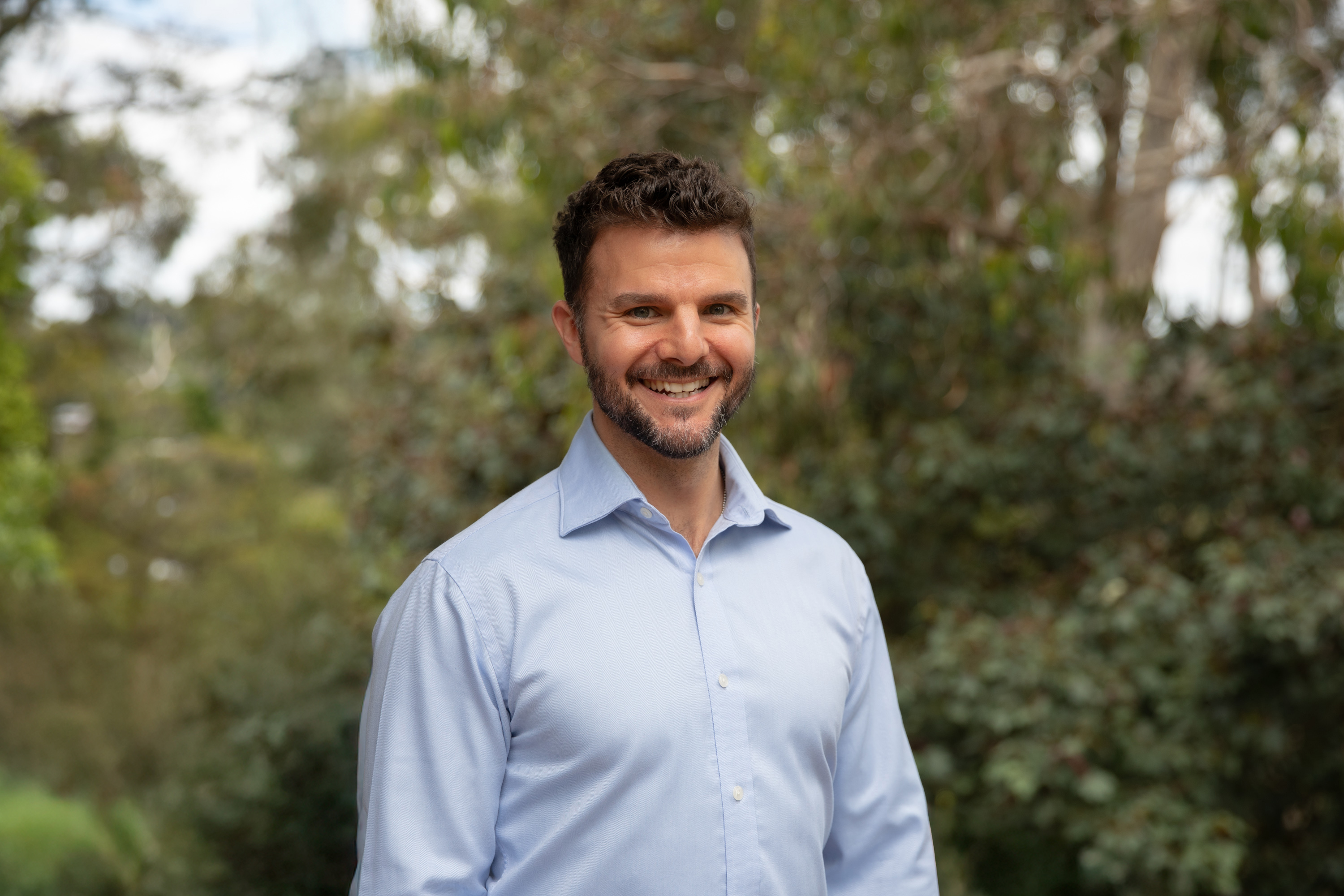This blog navigates…
What Is the Father Wound? (And Why It Matters for Adults)
The “father wound” refers to the emotional pain and unmet needs that arise from an absent, neglectful, emotionally unavailable, or critical father figure.
This wound isn’t just about physical absence – it’s about the emotional gaps left when a father doesn’t provide the security, guidance, or validation a child needs.
For both men and women, an unhealed father wound can significantly impact:
🔹 Self-worth and confidence
🔹 Emotional regulation and coping mechanisms
🔹 Relationships and trust in others
🔹 Career, ambition, and personal fulfillment
💡 Healing isn’t about blame – it’s about recognizing patterns and reclaiming your emotional well-being.
How the Unhealed Father Wound Affects Adult Men
For men, the father wound often shapes their sense of identity, masculinity, and emotional resilience. It can manifest as:
1. Struggles with Self-Worth & Masculinity
Men who lacked validation from their fathers may:
🔹 Feel they are never “good enough.”
🔹 Seek external validation through success, status, or relationships.
🔹 Struggle with imposter syndrome or fear of failure.
2. Difficulty Expressing Emotions
Many men grow up with the message that emotions are a sign of weakness.
🔹 They may suppress sadness, fear, or vulnerability.
🔹 This emotional shutdown can lead to anger, numbness, or withdrawal in relationships.
3. Relationship Struggles (Fear of Intimacy or Commitment)
The father wound can impact romantic relationships in two ways:
🔹 Avoidance – Fear of being hurt leads to emotional distance or fear of commitment.
🔹 Dependency – Seeking constant reassurance from a partner to fill the emotional void.
4. Overcompensation or Self-Sabotage
Without a strong father figure, some men overcompensate by trying to be hyper-independent.
🔹 This can look like refusing help, taking extreme risks, or working excessively.
🔹 Others may self-sabotage, feeling unworthy of success or happiness.
5. Anger, Rebellion, or Defiance
For some men, unresolved resentment toward their father leads to:
🔹 Authority issues or mistrust of male mentors.
🔹 Rebellion against rules, responsibility, or emotional connection.
🔹 Suppressed rage that manifests in unhealthy ways, like aggression or addiction.
How the Unhealed Father Wound Affects Adult Women
For women, the father wound often influences self-worth, relationships, and emotional security. It can manifest as:
1. Low Self-Esteem & Fear of Rejection
Women who lacked a loving, supportive father may:
🔹 Doubt their worth and seek validation from others.
🔹 Fear abandonment, leading to anxiety in relationships.
🔹 Struggle with imposter syndrome or perfectionism.
2. Relationship Patterns (Attracting Emotionally Unavailable Partners)
Women with an unhealed father wound may:
🔹 Be drawn to partners who are distant, inconsistent, or emotionally unavailable.
🔹 Feel they must “prove” their worth in relationships.
🔹 Fear intimacy or, alternatively, become overly dependent on a partner.
3. Struggles with Trust & Boundaries
A father’s absence (physical or emotional) can create trust issues.
🔹 Women may struggle to set healthy boundaries, fearing rejection.
🔹 They may tolerate toxic or one-sided relationships out of fear of being alone.
4. Hyper-Independence & Fear of Vulnerability
To avoid disappointment, some women develop a strong sense of independence.
🔹 They may feel uncomfortable relying on others.
🔹 Vulnerability can feel unsafe, leading to emotional walls.
5. Fear of Failure or Overachievement
A father’s criticism or lack of encouragement can create:
🔹 A relentless drive to succeed, fueled by a need for external validation.
🔹 Anxiety around failure or making mistakes.
How Counselling Helps Heal the Father Wound
Healing the father wound is about recognizing its impact and learning to rebuild self-worth, trust, and emotional security. Counselling can help by:
1. Providing a Safe Space to Process Unmet Needs
🔹 Many people feel guilt or shame about their emotions toward their father.
🔹 Counselling allows for open, judgment-free exploration of these feelings.
2. Recognizing Unhealthy Patterns & Triggers
🔹 Identifying how the father wound influences relationships and self-perception.
🔹 Understanding triggers helps break negative cycles.
3. Building Self-Worth from Within
🔹 Replacing external validation with self-acceptance and self-compassion.
🔹 Learning to validate your own emotions and needs.
4. Developing Healthier Relationships & Boundaries
🔹 Learning to trust, set boundaries, and communicate needs effectively.
🔹 Breaking cycles of emotional avoidance or dependency.
5. Releasing Anger, Resentment, or Grief
🔹 Addressing unresolved anger or sadness in a healthy way.
🔹 Practicing forgiveness—not for their sake, but for your own peace.
How to Know If the Father Wound Is Affecting You
🔹 Do you struggle with self-worth or constantly seek approval?
🔹 Do you have trouble trusting people or setting boundaries?
🔹 Do you fear rejection or avoid emotional vulnerability?
🔹 Are you drawn to emotionally unavailable partners?
🔹 Do you overwork, overachieve, or fear failure?
💡 If you resonate with any of these, healing is possible – and you don’t have to do it alone.
Final Thoughts: You Deserve to Heal
The father wound doesn’t have to define your future. With awareness, support, and the right tools, you can break unhealthy patterns, build self-worth, and create fulfilling relationships.
💙 You are not broken – you are healing.
💙 You are allowed to redefine what love, trust, and self-worth mean to you.
💙 You are capable of change, growth, and emotional freedom.
📍 If you’re ready to take the first step toward healing, reach out or book a session to see how I can help…
…because healing your past is the key to creating a stronger future.

